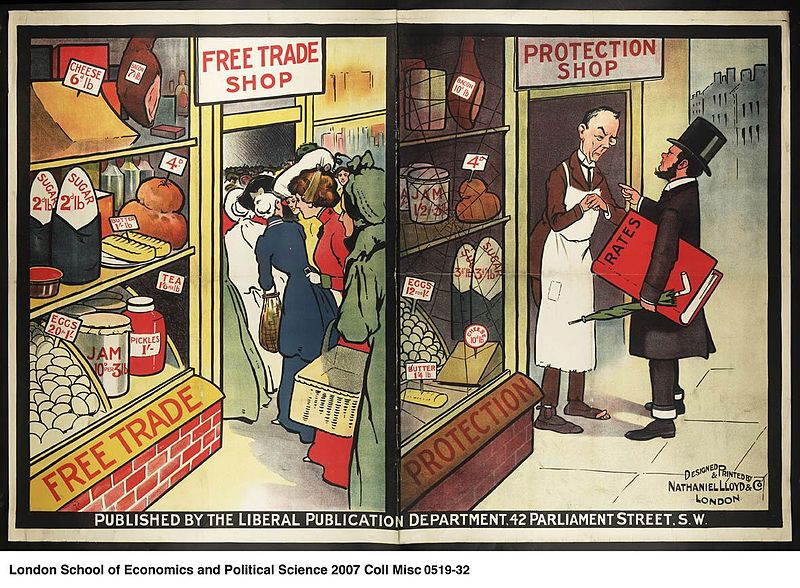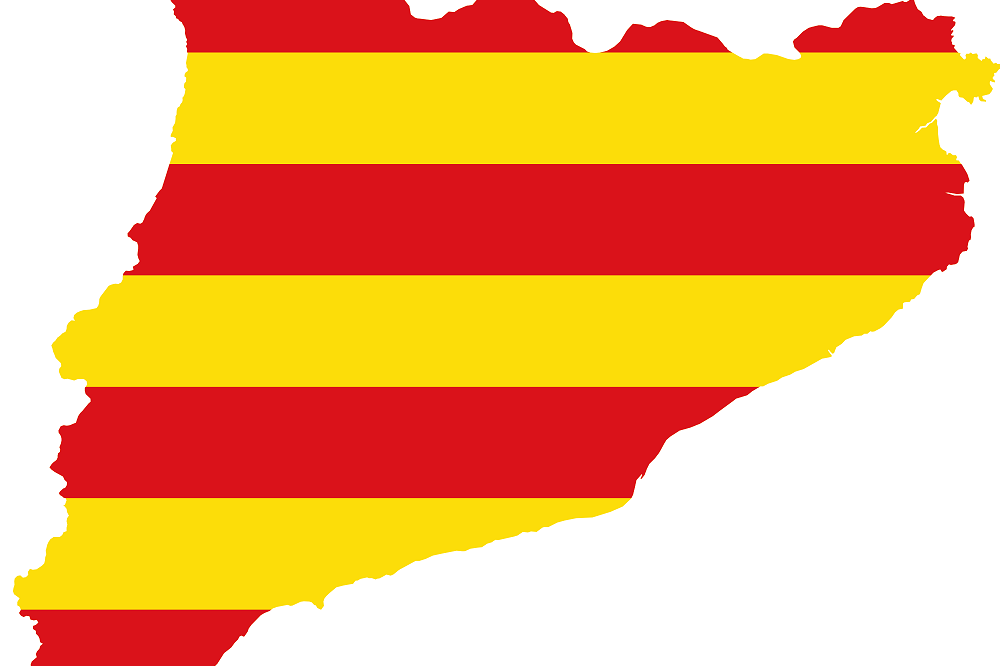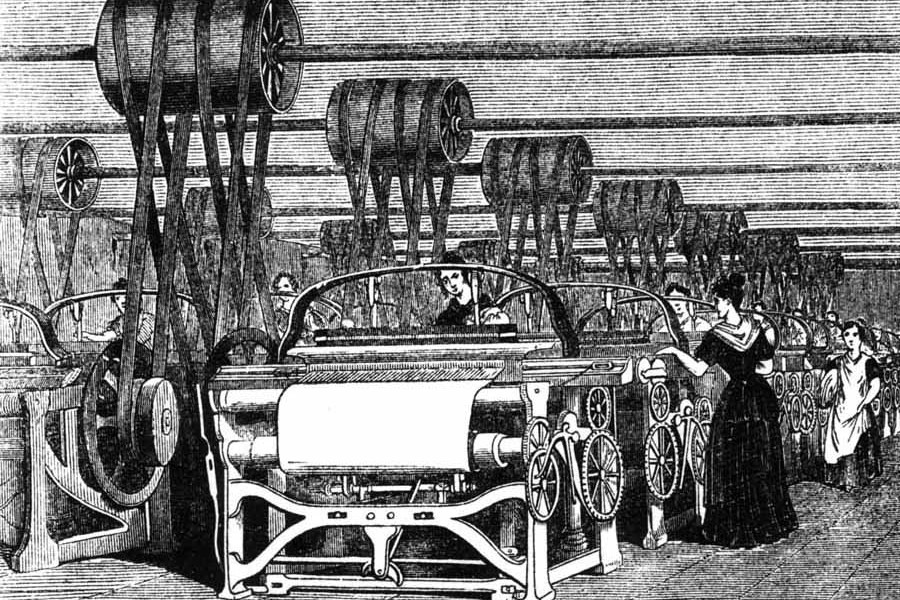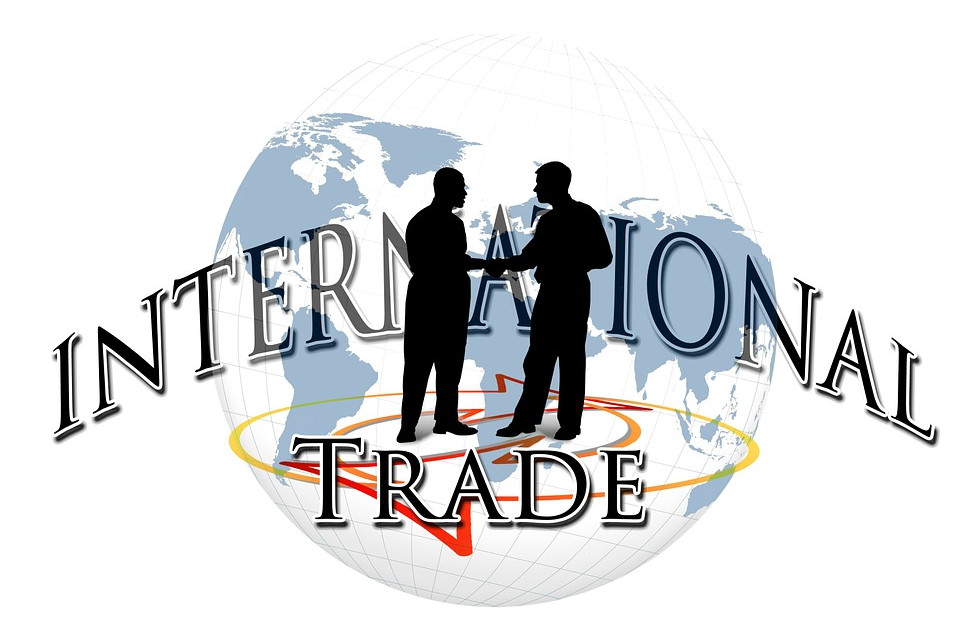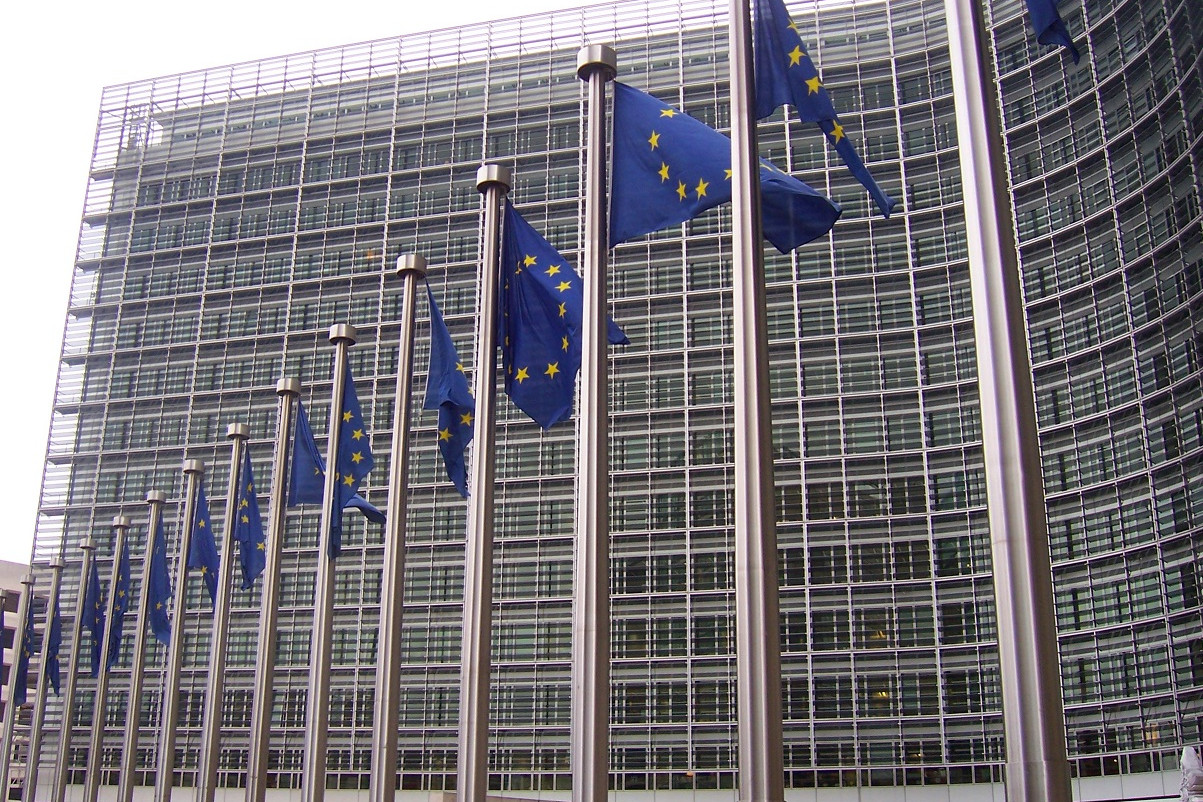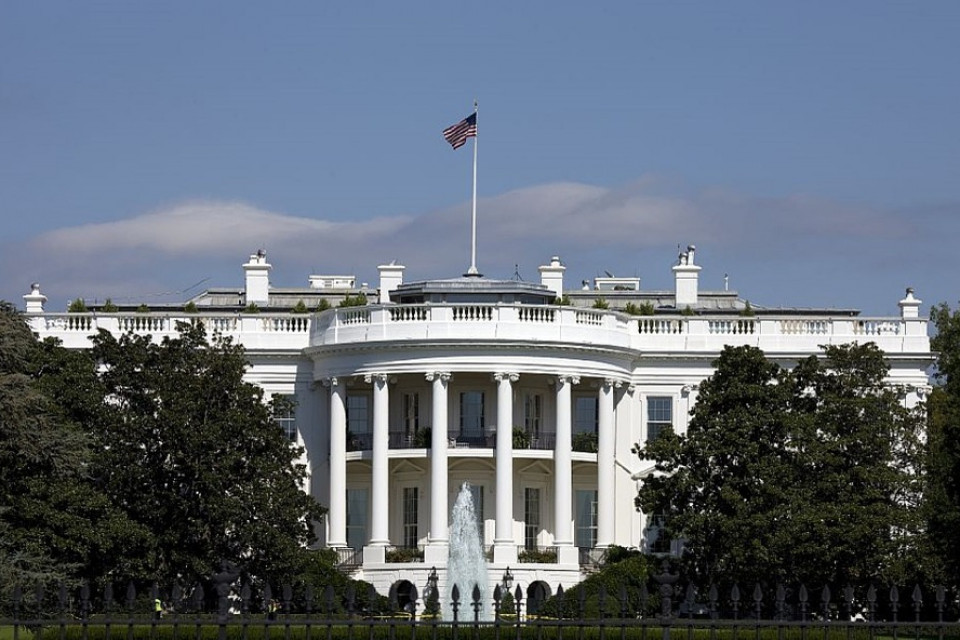That neoprotectionism arises in Britain and the US, the birthplace of Thatcher and Reagan, the leaders who promoted neoliberalism almost 30 years ago, is the phenomenon that best defines the current objections to economic globalisation. Whether Trump or Le Pen are those who capitalize on the social disenchantment caused by global inequality is the phenomenon that best defines the objections and limitations of the political Left in developed countries.
Without being able to discuss the causes that subject the world in a state of shock, without progressive rational thinking, shows where we are going and in what terms, ordinary people refuse to follow the game and have said "enough!".
The Left aims at a consensus on freedom of trade as something untouchable and quasi-religious, an absolute myth of progress as a symbol of open societies. In the practice, it is not like that. Everything is a matter of measures, of priorities, of rhythms, of haste or pauses.
Although the freedom of movement of goods, capital and labour is the desirable trend, it only becomes progress if it develops in a balanced and harmonious way, an impossible condition in the escalated and unequal period in which we live. Free trade is already pure rhetoric in essential aspects.
While the West raises its banner, it activates all protectionist measures to prevent the freedom of movement of labour, including the closing of borders to refugees and immigrants.
At the same time, it refuses to put an end to excess liberties for the movement of capital, the origin of tax havens, where it should facilitate the freedom of movement, introduce protections and where should establish protections and control is shows itself to be totally liberal.
Given the speed of change, the misunderstanding of globalisation is assured, says Stephen Roach. And, in the hyper-connected world of today, the by David Ricardo in the eighteenth century, when he spoke of the comparative advantages of England and Portugal for the production of cloth and wine, no longer serve.
Nobel laureate Paul Samuelson, staunch defender of the advantages of free trade, reached the same conclusion in the last years of their life when he pointed out that theory of comparative advantages would not survive beyond that world. He gave the cause in the historical escalation caused by the combined action of globalisation and the changes that technology has caused in the laws of economics. An example of this was China that has not only become the world's factory for low-value goods, an objective that it had already exceeded by end of the 1990s, and that it has managed to specialize in massively reproducing disruptive technologies with cheap labour.
Too much speed, too much imbalance, too many comparative advantages. It is not surprising that it is now China that defends freedom of trade and the United States, protectionism.
WHEN HISTORY BRINGS CONCLUSIVE LESSONS
Economic liberalisation has always been the argument of those who obtain advantages from it. And so it has always been.
An episode anticipated the importance of the times in the trade liberalisation agenda 150 years ago. In 1865, Ulisses Grant, President of the United States, was under pressure to submit to the freedom of trade advocated by Manchester in the United Kingdom, then the undisputed economic power. Ulisses opposed stating: "We will also agree to implement the freedom of trade, but it will be within 100 or 200 years, when we have taken full advantage of protectionist policies". and so it has been.
If the integration of Spain in the EU cannot now be questioned, the speed imposed by Germany and accepted by Felipe González facilitated an escalated deindustrialization in a brutal shock from which Spain has not recovered.
The underlying argument is clear: access to economic freedom requires suitably slow rhythms for those with weaker structures; the escalated rhythms of integration is the path of inequality, because it consolidates the power of the powerful.
THE FAILURE OF THE EU: HAYEK AGAINST HABERMASS
Social democracy believed that the nation-state was dead too soon, paradoxically rehabilitated by the crisis. Furthermore, it ignores the experiences of countries that decided not to enter the EU, such as Switzerland, Iceland, Norway, or those who chose to stay outside the Eurozone such as Sweden, Denmark, the United Kingdom or Poland. All of them maintain higher levels of consensus among their people than those integrated into the Eurozone, and have managed to get out of the crisis more quickly. Outside of Europe, countries such as South Korea, Chile, Canada, New Zealand and Australia also do not seem to be at risk because they had not integrated into larger federations.
The need to migrate the powers of the nation-state to higher levels was assumed by social democracy as a mantra to defend the values of the social state against neoliberal globalisation. Professor Glyn Morgan confronts that position, represented by Jürgen Habermas, with that of Hayek, the Austrian economist considered one of the fathers of neoliberalism, who defended just the opposite: that the development of the European federal union would be quite positive because it would give advantage to the liberal programme and would limit the capacity of the nation state to implement social welfare policies.
Hayek defended the European Union because it would end the social state, Habermas because it would save it. Needless to point out who history is proving correct.
FALSE "CONCESSIONS" OF SOVEREIGNTY
The reality is that there has been no transfer of sovereignty as regards the role of a Spanish citizen or French or Italian, to that of a European citizen. What has happened in this journey is that sovereignty is lost, it is not given, because there is no other body of institutionalized, minimally democratic power that inherits it.
The European Union, particularly since the central nucleus is integrated into the Eurozone, is a Hayekian, elitist organization that, far from organizing a democratic sovereignty superior to the nation-state, has been systematically undermining it.
In saying this, it does not imply defending exiting the EU or the Eurozone today, but it does shape its future to conditions of survival that will be part of the agenda for the next four years. In the meantime, it is essential not to go a step further in the transfer of powers without first securing sufficient mechanisms of democratic control. Moreover, we must be quite attentive to the new asymmetric shocks that the implosion of the EU could cause in the next crisis that would leave us out of the game and without an alternative. This indeed would be chaos.



